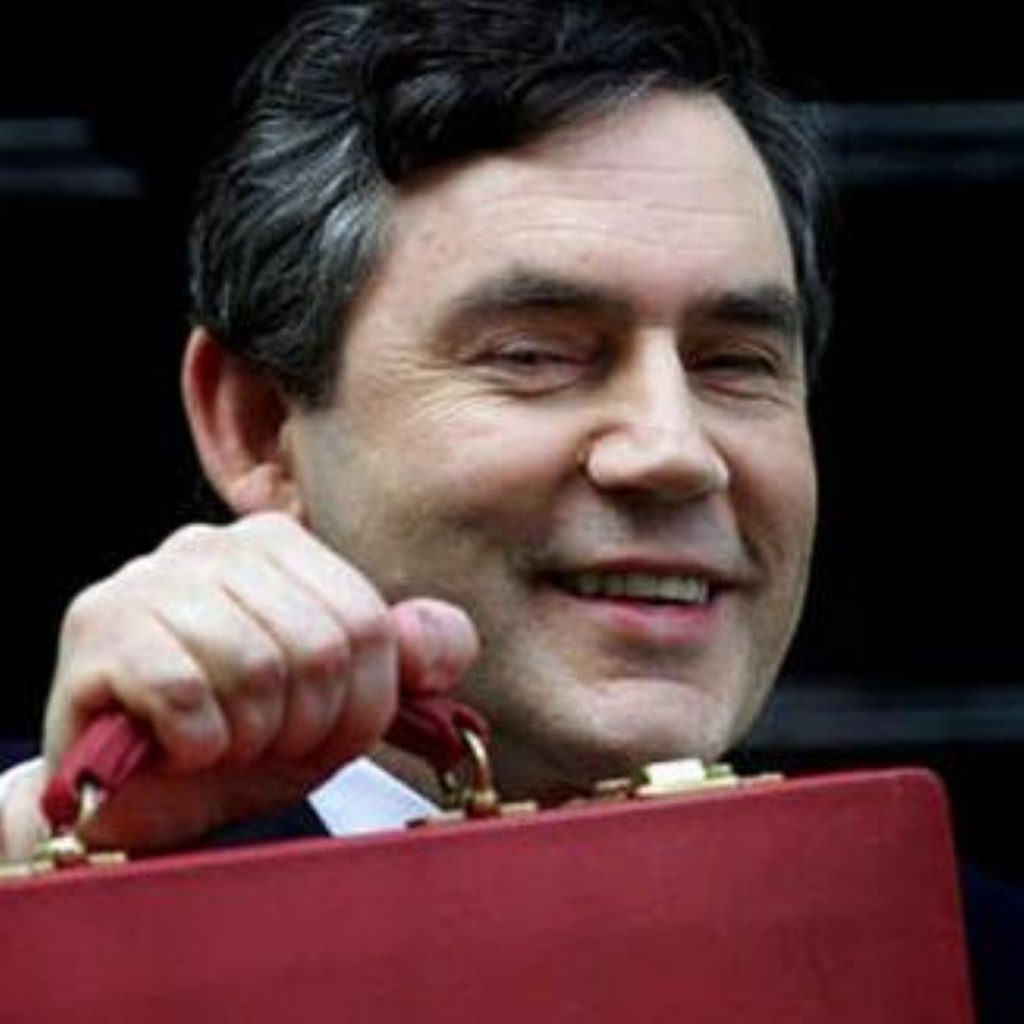Brown rapped over ‘golden rule’ changes
Gordon Brown faced criticism last night that he was moving the goalposts on his self-imposed ‘golden rule’ for national finances.
Giving evidence to the Treasury select committee, the chancellor said new data from the Office of National Statistics suggests the economic cycle he uses to govern public borrowing actually began earlier than previously believed.
Under the chancellor’s ‘golden rule’, the Treasury can only borrow to invest for the future over the economic cycle. This means borrowing cannot be used to subsidise taxes for the day-to-day costs of government including civil service wages and unemployment benefits.
By moving the start of the cycle back two years to 1997-8, Mr Brown is now able to include the surplus of 1998-99 in his calculations, with the result that his total budget over the cycle is now £16 billion in the black, compared to £3.5 billion before the change.


Susan Kramer, a Liberal Democrat on the committee, was sceptical about the move, saying there was a “perception that the government is marking its own exam papers”.
And this sentiment was echoed by shadow chancellor George Osborne, who said the announcement proved Mr Brown’s fiscal rules are “meaningless”. He called for an independent fiscal projections committee to make key decisions on the start and end of the cycle.
“The iron chancellor has become the cheating chancellor,” Mr Osborne said, adding that the announcement “destroys the credibility of the golden rule and demolishes once and for all his reputation for prudence”.
He added: “The result of this fiddle is that he is suddenly able to borrow an extra £13 billion this year without breaking the golden rule.
“None of this makes any difference to his structural deficit. None of this will change the view of independent experts that Gordon Brown will have to increase taxes. This is simply a cynical attempt to save face.”
CBI chief economist Ian McCafferty said the announcement only highlighted the contrast between monetary policy that is “well-understood and appears genuinely free of political involvement” and fiscal policy, where “the Treasury is able to act as both judge and jury”.
He also expressed concerns over Mr Brown’s decision to postpone the next spending review, due next year, to spring 2007. At this point, the chancellor would redefine priorities for the rest of parliament and the lifetime of the next in a “comprehensive” review.
“By delaying the review, the chancellor seems to be denying his government the opportunity to re-examine the options for spending restraint in 2007/08. But without such restraint, further – potentially damaging – tax increases will be hard to avoid,” Mr McCafferty said.

